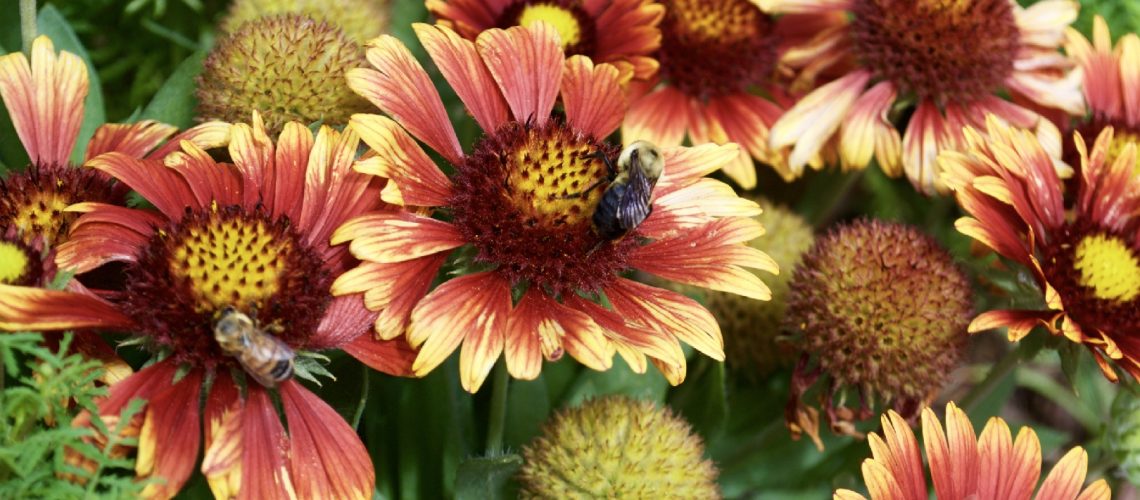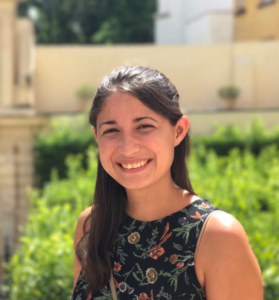

Blue Kaufman
- July 12, 2018
- 7:30 pm
UCF Celebrates National Pollinator Week
The bees are on the move. In the heat of June they launch into the air, their tiny bodies kept afloat by translucent wings fluttering in rapid succession. They fly with invisible instructions, to music unheard, searching for the fragrant blooms of summertime
About 75% of all flowering plant species require the help of an animal for fertilization. Moreover, an estimated 1/3 of all food produced depends on it. For bees and other pollinators this is just a day in the life. Yet it is because of them and their little dance that the world goes round.
For National Pollinator Week (June 18th-24th) the University of Central Florida honored the work of these vital creatures with a series of pollinator-related events. Sustainability Initiatives kicked off the celebration with a Pollinator Photography Contest. Here, UCF students, faculty, and staff were able to submit photos that captured the wonders of pollination in action. In the end, 60 photo entries were submitted and the top three were awarded “pollinator gift baskets”.
The contest was judged by Ray Jarrett, a native pollinator/plant enthusiast and coordinator for UCF Landscape and Natural Resources. He noted how friendly competitions like these can really help bridge the gap that exists between humans and these important, yet highly elusive insects.
“It motivates people to engage in the outdoors and explore nature” Jarrett said. “When people take photos, it may prompt them to learn about what they are photographing”.
The UCF Arboretum also put on an event during National Pollinator Week to commemorate the festivities. On Wednesday, June 20th, staff member Elise de Cuba led a tour of one of UCF’s pollinator gardens. Here, the group was able learn about different native plants on campus and see first-hand some of the pollinator species that frequent them.
“Native species are essential to providing a healthy ecosystem” de Cuba said. “Many of these native plant and pollinator species have co-evolved together for millions of years- providing the best evolutionary traits and benefits for our ecosystems to thrive.”
Following the tour, participants were able to build their own bee-condos using wood, nails, and bamboo stalks. The bee-condos help to provide habitats for bees and other pollinators— functioning as a stepping stone for insects struggling to navigate rapidly urbanizing landscapes.
“UCF is becoming increasingly more metropolitan as it continues to develop” de Cuba said. “If we commit to making these urban landscapes more “bee friendly” by planting native flora and providing sound habitats for pollinators, I believe populations could not take as hard of a hit.”
For more information and resources on pollinators visit National Pollinator Week.